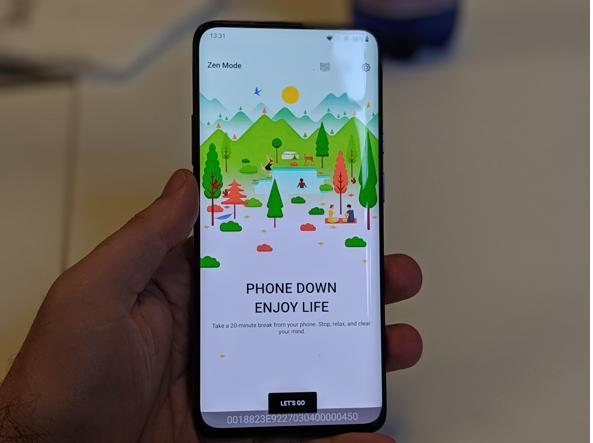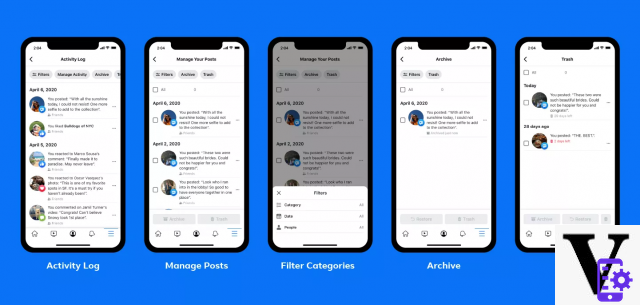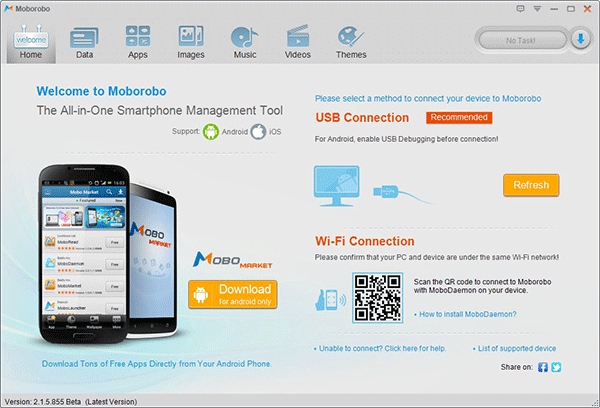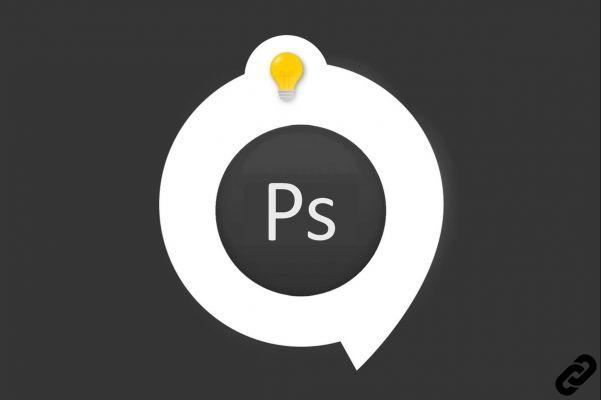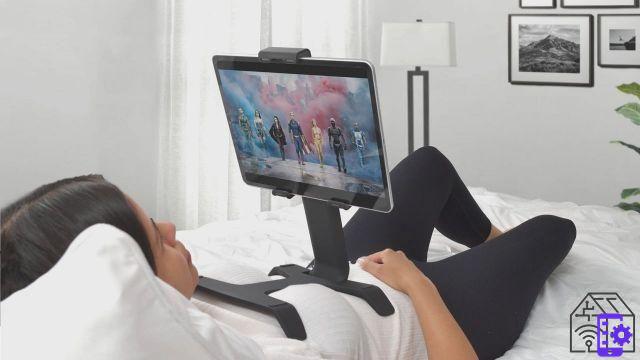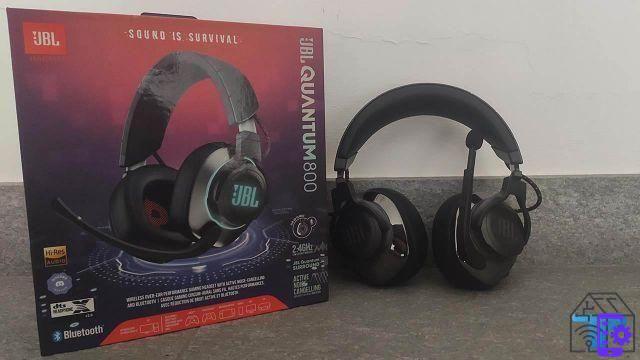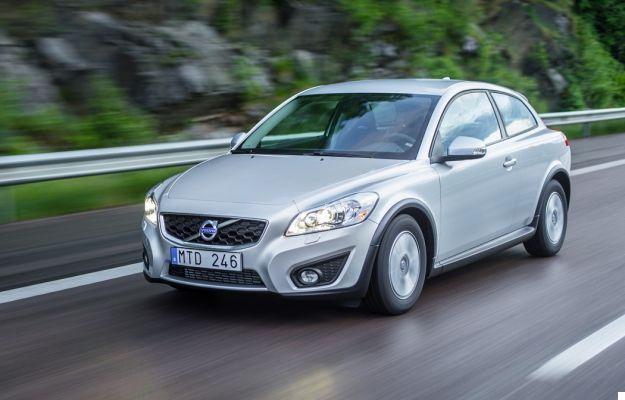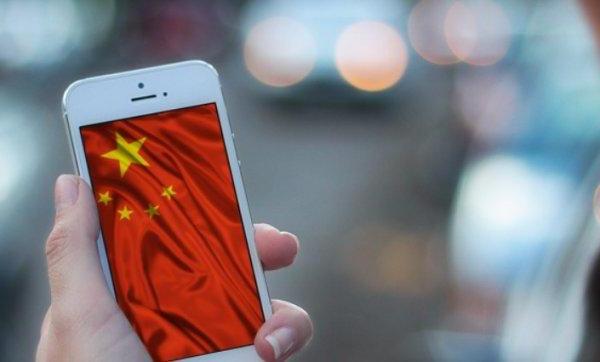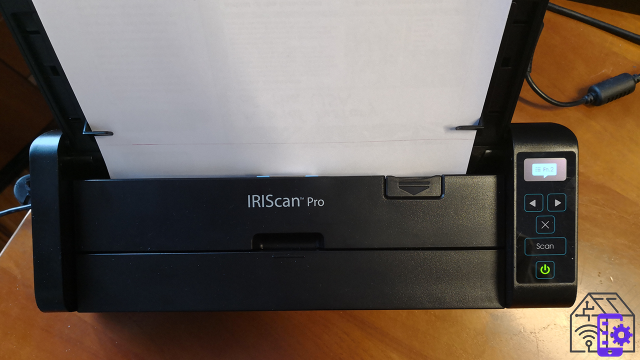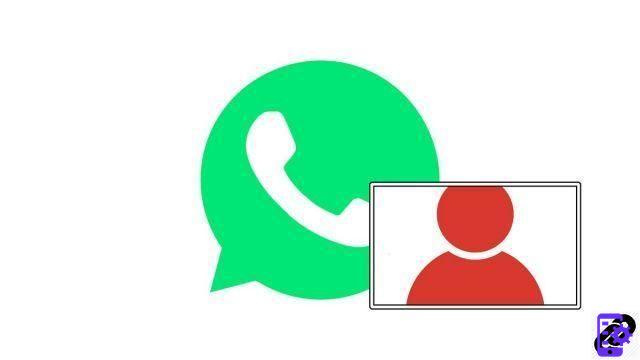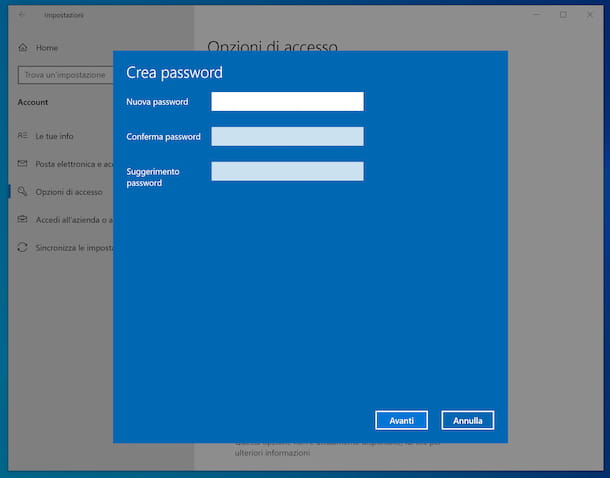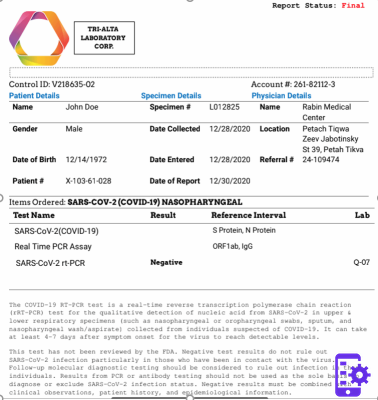Here are the alternatives






The Net is rapidly changing the way we interact with the world. And at the same time, the way we interact with the internet is also changing. Gone are the days when we used the telephone line to connect. Gone are the days when an Ethernet cable was indispensable for high speeds. Not only we can go online without wires, but we are no longer limited by the range of our routers. We can be online anywhere, with a signal from a repeater cell.
There are many ways to do this. Connect everything via a hotspot wireless portatile, or leave it all to your cell phone? You should invest in one chiavetta USB 4G? Each of these approaches has its pros and cons. Let's see them:
| With InformaticsKings MyOpen you can find the mobile offer that best suits your needs: find out more! |
Portable mobile hotspots
You have already heard of "MiFi" in reference to portable mobile hotspots. MiFi is the abbreviation for "My Wi-Fi" and refers to a small mobile router that acts as a wireless hotspot. The term "MiFi" is a trademark in many countries, so don't expect many companies that sell portable mobile hotspots to use that name.
Buying a portable mobile hotspot is a bit like buying a phone. It is usually ordered from the operator providing the service or in specialized shops. Portable mobile hotspots access the same cellular network as your smartphone. You can add them as another device in your shared data plan, or you can get one on your own with a data-only plan.
These devices tend to have 10 hours or more of battery life and support roughly the same number of connected devices. Some models can also serve as portable batteries that can charge your phone, while others offer shared storage via microSD card slot.
A disadvantage of having a portable mobile hotspot is that you have to carry it around with your mobile phone, tablet or notebook.
For: Long enough battery life; supports multiple devices; shared storage, Ethernet port
Cons: Cost; having to bring another device with you
Router mobile
Un hotspot wireless portatile it's a router, sure, but it has to be small and portable. This means that it does not have all the characteristics of domestic older brothers. Don't want to give up any options when you are away from home? Take a "full size" mobile router. Sure, portability goes a long way, but in return you get the benefit of external antennas and multiple Ethernet ports. The downsides are pretty obvious - they're larger than a portable wireless hotspot, and less comfortable to take on the go. And the battery won't last very long.
For: they are comparable to a standard router; better signal thanks to external antennas; multiple Ethernet ports
Cons: larger size; shorter battery life; higher cost to anticipate
Tethering mobile
Don't intend to buy another device? The smartphone in your pocket can meet your needs, of course. There are drawbacks, though.
Smartphones allow you to access the Internet by turning into a hotspot. Tell the cell phone to start sharing its data, and name the temporary network. This allows your laptop or tablet to be connected in the same way it would if there was a Wi-Fi network around.
Alternatively, you can connect your mobile phone to a computer using a cable. Regardless of the method adopted, this is called tethering. Wherever you are with your mobile, you can connect to the Internet.
Does this mean that those who buy a dedicated hotspot make a useless purchase? No. Smartphones are not designed to act as hotspots, so they do not emit signal over such a long distance or do not manage as many devices as dedicated units. Also, tethering consumes a lot of battery.
Plan on buying a good power bank and don't be surprised if your cell phone gets hot as the hours go by. Also pay attention to the possibility that your operator allows, or not, the use of tethering.
For: comfort; does not require a separate invoice; just a device to carry around
Cons: "weighs down" the load on the smartphone; usually it can be used with limits imposed by the operator; it is not intended to be used with many devices at a time
4G USB sticks
Connecting to the internet with a laptop? It can be done via Wi-Fi, Ethernet cable or even with a 4G USB stick. They look like ordinary storage devices, but they work like antennas. Plugging one into your notebook has the effect of providing your PC with a cellular radio that can also share the connection with other devices.
USB sticks don't take up as much space as a portable wireless hotspot, and they don't draw the same amount of battery power as smartphone tethering does. That said, to have a permanent connection you would have to sacrifice a USB port.
For: Economic price; less load on the battery; takes up less space than a portable wireless hotspot
Cons: Requires a USB port; may require special software.









